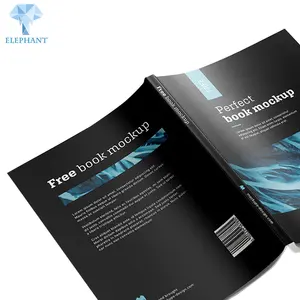Introduction to Writing Details
Writing details is an essential element in various fields such as education, business, and content creation. It refers to the specific information and elaboration included in written work that enhances clarity and engagement. Well-crafted writing details not only convey the intended message but also resonate with the audience, making the content more relatable and impactful. This article delves into the various types of writing details, their function and features, and how to effectively incorporate them to enhance your writing.
Types of Writing Details
Writing details can be categorized into several types, each serving a unique purpose in enriching the content. Understanding these types allows writers to use them strategically to improve the coherence and depth of their work.
- Descriptive Details: These details elaborate on a subject by appealing to the senses, painting a vivid picture for the reader.
- Statistical Details: Incorporating numbers and statistics adds a layer of credibility and factual basis to the argument or narrative.
- Anecdotal Details: Sharing personal stories or experiences can establish a connection with the audience, making the content more relatable.
- Historical Details: Providing context through historical references can deepen understanding and highlight relevance.
- Technical Details: When discussing complex subjects, including technical specifications or explanations enhances clarity for the expert audience.
Function and Feature of Writing Details
The function of writing details is vast, ranging from supporting claims to drawing the audience's attention. Here are some key features that make writing details effective:
- Clarity: Writing details serve to clarify complex ideas, allowing the reader to grasp the content more effectively.
- Engagement: Details grab the reader's attention and invite them to immerse themselves in the narrative.
- Insight: Providing insights through specific details enhances the overall understanding of the topic.
- Persuasion: Well-supported claims with relevant details can persuade the audience and bolster arguments.
- Personality: Using distinctive details allows the writer's voice to shine through, making the piece uniquely engaging.
How to Write Effective Writing Details
Incorporating writing details effectively requires a thoughtful approach. Following these tips can enhance the quality of your writing:
- Know Your Audience: Understand who you are writing for to tailor your details to their preferences and interests.
- Be Specific: Generalizations often fail to engage; use concrete details that paint a clear picture.
- Balance: Avoid overwhelming the reader with excessive details; maintain a balance between detail and readability.
- Edit Ruthlessly: After drafting, review your work to eliminate any superfluous details that do not add value.
- Utilize Varied Structures: Mix up the structure of your details (e.g., facts, anecdotes, descriptions) to keep the writing dynamic and interesting.





















































